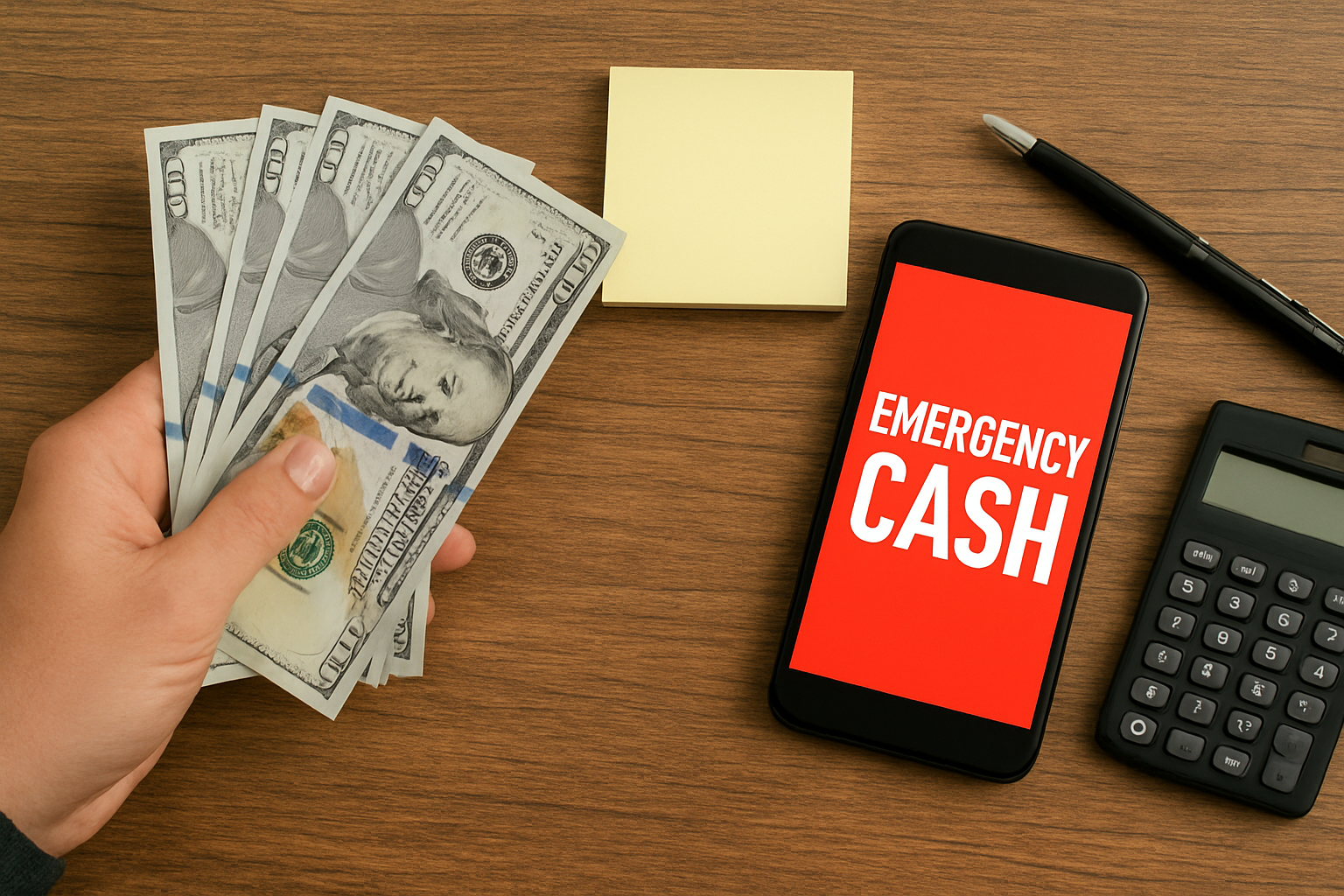When unexpected expenses strike, finding instant emergency cash becomes a top priority. Whether it's medical bills, car repairs, or urgent home fixes, knowing your lending options helps you make informed decisions quickly.
What Is Instant Emergency Cash?
Instant emergency cash refers to quick-access loans designed to cover unexpected expenses. These financial products provide rapid funding, often within 24 hours or even the same day you apply.
Personal loans can provide cash as soon as the day you apply, which helps during emergencies. The key advantage is speed combined with manageable repayment terms.
Types of Emergency Lending Options
Personal Loans
Personal loans offer lump-sum cash with fixed monthly payments. Repayment terms typically range between one and seven years. You can access these through banks, credit unions, and online lenders.
Most lenders provide funding within one to three business days. Interest rates usually fall between 7.5% and 35.99% APR, depending on your creditworthiness.
Cash Advance Apps
Cash advance apps review your bank account transactions to ensure you receive enough cash every payday to repay a cash advance. These apps offer small amounts, typically between $100 and $1,000.
The advantage? No credit check required. Many apps offer instant cash for a small fee or provide funds within one to three business days with no fees.
Payday Loans
Payday loans let you borrow up to about $500, usually without a credit check, and typically must be repaid within two weeks. However, these carry significant risks.
Standard payday lender APRs are about 400 percent according to the Consumer Financial Protection Bureau. The short repayment period and high fees often trap borrowers in debt cycles.
Credit Card Cash Advances
If you have available credit, cash advances provide immediate access to funds. Credit card cash advances don't require additional credit checks if you already have a credit card.
Be aware that these come with higher interest rates and begin accruing interest immediately, unlike regular purchases.
How to Qualify for Emergency Cash
Basic Requirements
Most lenders require you to be at least 18 years old and a legal U.S. resident. You'll need verifiable income from employment, self-employment, or government benefits.
A checking account is essential for direct deposit and automatic repayments. Valid contact information, including phone number and email, is also necessary.
Credit Considerations
Emergency loans are typically paid off within one to three years, making them shorter-term than traditional loans. While many options exist for fair or poor credit, better credit scores unlock lower interest rates.
Some lenders focus on income rather than credit history. This approach opens doors for borrowers with damaged credit.
Application Process
Step 1: Research and Compare
Look for lenders advertising same-day or instant funding. Check their interest rates, fees, and repayment terms carefully.
Lenders offering prequalification give you an idea whether you'll qualify before submitting a full application.
Step 2: Submit Your Application
Most online applications take 5-10 minutes to complete. You'll provide personal information, income details, and employment verification.
Many lenders use automated underwriting systems to quickly assess applications and provide instant approval decisions.
Step 3: Review Terms
Before accepting any loan, carefully review the APR, loan amount, repayment schedule, and fees. Never rush through this critical step.
Understanding the total cost of borrowing prevents surprises down the road. Check for origination fees, which can range from 0.99% to 8.99%.
Step 4: Receive Funds
Once approved, funds transfer directly to your bank account. Some lenders provide money as fast as one hour after loan closing.
Timing depends on when you complete the application and your bank's processing speed. Morning applications on business days process fastest.
Cost Comparison
Interest Rates and APRs
Personal loans from reputable lenders typically charge 8.99% to 35.99% APR. These rates reflect your credit score, income, and loan amount.
Cash advance apps often charge minimal fees or offer interest-free advances. Some charge $1-$5 per advance for instant funding.
Payday loans carry the highest costs. According to St. Louis Fed research, the average interest rate on payday loans is about 391% APR.
Additional Fees
Watch for origination fees, which are deducted from your loan proceeds. Late payment fees can add up quickly if you miss deadlines.
Some lenders charge prepayment penalties, though many modern lenders have eliminated this practice. Always ask before signing.
Red Flags to Avoid
Guaranteed Approval Claims
No legitimate lender can guarantee approval without reviewing your application. Legitimate lenders need to consider risk factors before approving credit.
Be skeptical of any lender promising approval regardless of income or credit history. This often signals predatory lending practices.
Upfront Fees
Reputable lenders never ask for payment before disbursing your loan. Requests for wire transfers or gift cards indicate scams.
Application fees should be clearly disclosed and reasonable. Excessive upfront costs are warning signs.
Unclear Terms
If you can't understand the loan terms, don't sign. Legitimate lenders provide transparent documentation with clear payment schedules.
Hidden fees and confusing language often disguise unfavorable loan conditions. Ask questions until you fully understand everything.
Alternatives to Consider
Emergency Savings
Building an emergency fund prevents the need for high-cost loans. Even small monthly contributions add up over time.
Aim for three to six months of expenses saved. This cushion handles most unexpected costs without borrowing.
Credit Cards
If you can pay off the balance quickly, credit cards offer interest-free financing. If you pay your credit card in full before the due date each month, you won't pay any interest.
This works best for smaller emergencies that you can repay within your next billing cycle.
Payment Plans
Many service providers offer payment plans for large bills. Medical offices, repair shops, and utilities often negotiate terms.
You can reach out directly to creditors to see if they'll grant you a bill extension. This costs nothing and preserves your credit.
Co-Signer Loans
Getting someone with good credit like a parent or spouse to co-sign a loan may help you qualify for better terms.
This approach secures lower interest rates and improves approval odds. Remember, your co-signer assumes responsibility if you default.
Smart Borrowing Strategies
Borrow Only What You Need
Resist the temptation to borrow extra money. Higher loan amounts mean more interest paid over time.
Calculate your exact needs and add a small buffer for unexpected costs. This keeps your debt manageable.
Understand Your Repayment Capacity
Before accepting a loan, ensure the monthly payment fits your budget. Factor in all existing obligations and necessary expenses.
Missing payments damages your credit score and triggers late fees. Conservative budgeting prevents financial stress.
Read the Fine Print
Every loan document contains important details about rates, terms, and penalties. Don't skip this crucial step.
Pay special attention to variable vs. fixed rates, prepayment options, and what happens if you miss payments.
Compare Multiple Offers
Don't accept the first loan offer you receive. Shopping around often reveals better terms and lower rates.
Many lenders allow prequalification without affecting your credit score. Use this tool to compare options safely.
When to Use CreditCube
CreditCube specializes in connecting borrowers with suitable lenders quickly. Their platform streamlines the application process for those seeking emergency funds.
The service works well when you need to compare multiple lenders efficiently. This saves time during urgent financial situations.
Protecting Your Financial Health
Monitor Your Credit
Regular credit monitoring helps you track loan impacts and catch errors early. Many free services provide monthly updates.
Understanding your credit profile empowers better borrowing decisions. Knowledge of your score helps you negotiate terms.
Create a Repayment Plan
Before accepting any loan, map out your repayment strategy. Mark payment due dates on your calendar.
Setting up automatic payments prevents missed deadlines. This protects your credit and avoids unnecessary fees.
Learn from the Experience
Use emergency borrowing as motivation to build financial resilience. Analyze what led to the need for quick cash.
Creating better savings habits prevents future emergencies from becoming financial crises. Small changes yield significant long-term benefits.
Frequently Asked Questions
Q: Can I get instant emergency cash with bad credit?
Yes, several options exist for borrowers with poor credit. Cash advance apps, some personal loan lenders, and payday loans don't require good credit. However, expect higher interest rates and lower loan amounts with damaged credit.
Q: How quickly can I receive emergency funds?
Timing varies by lender and application method. Some lenders provide funds within one hour after approval. Most personal loans transfer within one to three business days, while cash advance apps often offer instant transfers for a small fee.
Q: What's the difference between payday loans and personal loans?
Personal loans offer larger amounts with longer repayment terms and lower interest rates. Payday loans provide small amounts for short periods with extremely high APRs. Personal loans are generally safer and more affordable for most borrowers.
Q: Does applying for emergency cash affect my credit score?
It depends on the lender. Many applications involve soft credit checks during prequalification, which don't affect your score. Hard inquiries happen when you formally apply and may temporarily lower your score by a few points.
Q: Is CreditCube a direct lender?
No, CreditCube operates as a loan marketplace connecting borrowers with multiple lenders. This service helps you compare various offers quickly, potentially securing better terms than applying to individual lenders separately.
Conclusion
Finding instant emergency cash requires balancing speed with responsible borrowing. Personal loans offer the best combination of quick funding and reasonable terms. Cash advance apps work well for small, short-term needs without credit checks. Avoid payday loans unless absolutely necessary due to their predatory rates. Always compare multiple lenders, read terms carefully, and borrow only what you need. CreditCube can help streamline your search by connecting you with vetted lenders. Remember, building emergency savings remains your best long-term protection against unexpected expenses.


Join our community to interact with posts!